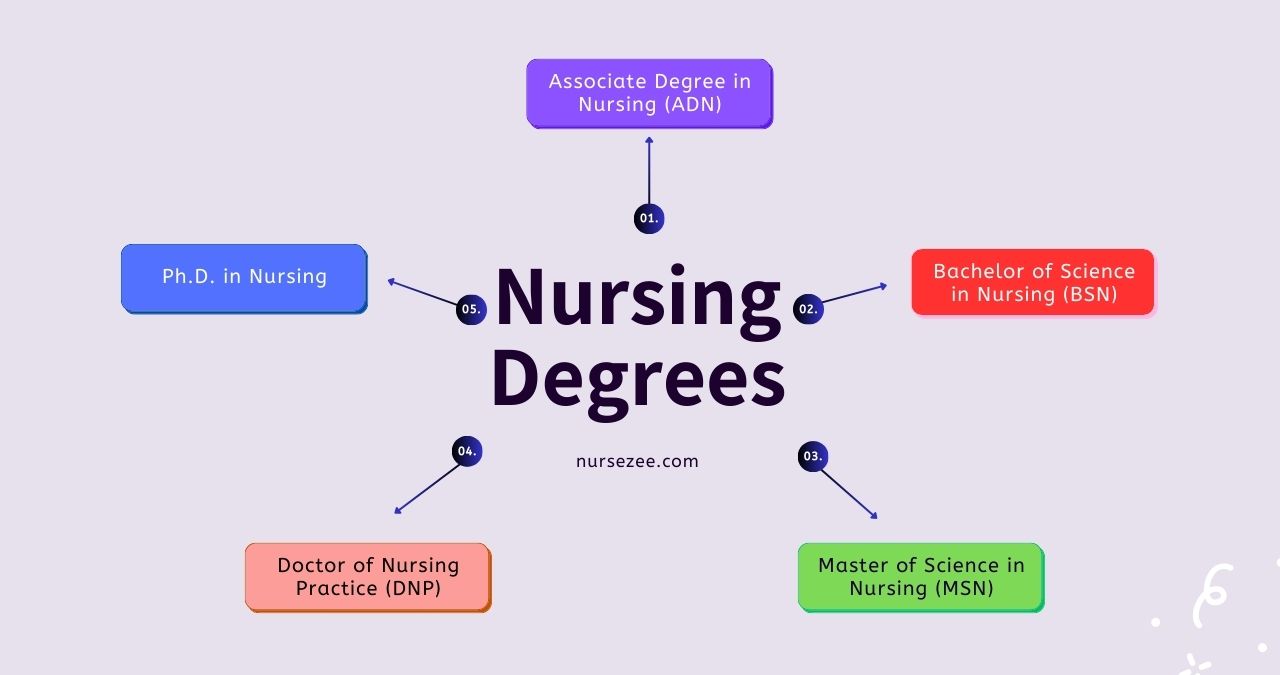
Top Accelerated BSN Programs for Career Changers
Nursing EducationA career in nursing offers meaningful work, job stability, and growth opportunities, making it an appealing choice for career changers. If you already hold a bachelor’s degree in another field, pursuing an Accelerated Bachelor of Science in Nursing (ABSN) program is a fast-track option to enter this rewarding profession.
Accelerated BSN programs are specifically designed for individuals with a non-nursing bachelor’s degree, allowing them to transition into nursing in as little as 12 to 24 months. This article highlights some of the top ABSN programs and provides guidance on choosing the best one for your goals.
What Is an Accelerated BSN Program?
An ABSN program is an intensive, fast-paced nursing degree that equips students with the knowledge, skills, and clinical experience needed to become a registered nurse (RN). These programs typically include:
- Classroom learning: Focus on nursing theory, anatomy, pharmacology, and patient care.
- Simulation labs: Hands-on training in a controlled environment.
- Clinical rotations: Real-world experience in hospitals, clinics, and other healthcare settings.
Graduates are eligible to take the NCLEX-RN exam to obtain licensure as a registered nurse.
Who Should Consider an ABSN Program?
Accelerated BSN programs are ideal for individuals who:
- Hold a bachelor’s degree in a non-nursing field.
- Want to make a career change into nursing.
- Are motivated to complete a rigorous program quickly.
- Have the flexibility to commit to a full-time program.
Top Accelerated BSN Programs for Career Changers
1. Duke University – Durham, NC
Program Length: 16 months
Why It Stands Out:
Duke’s ABSN program is renowned for its emphasis on evidence-based practice and leadership development. Students gain access to state-of-the-art simulation labs and clinical rotations at top healthcare facilities.
2. University of Pennsylvania (UPenn) – Philadelphia, PA
Program Length: 18 months
Why It Stands Out:
UPenn’s rigorous ABSN program integrates nursing science with interdisciplinary learning. Students benefit from the university’s strong partnerships with leading hospitals and research institutions.
3. Johns Hopkins University – Baltimore, MD
Program Length: 13 months
Why It Stands Out:
Johns Hopkins offers one of the shortest ABSN programs, designed for highly motivated individuals. Its clinical placements at the Johns Hopkins Hospital provide unparalleled real-world experience.
4. Emory University – Atlanta, GA
Program Length: 15 months
Why It Stands Out:
Emory’s ABSN program emphasizes community health and global nursing perspectives. Students can participate in clinical rotations both domestically and internationally.
5. New York University (NYU) – New York, NY
Program Length: 15 months
Why It Stands Out:
NYU offers a diverse ABSN program with clinical placements in some of the nation’s busiest healthcare facilities. The program focuses on urban health and innovation in nursing practice.
6. University of California, Los Angeles (UCLA)
Program Length: 15 months
Why It Stands Out:
UCLA’s ABSN program combines rigorous academic training with extensive clinical experiences in Los Angeles’ healthcare network, preparing students for diverse nursing roles.
7. University of Michigan – Ann Arbor, MI
Program Length: 12 months
Why It Stands Out:
This program is one of the fastest ABSN options, ideal for career changers eager to enter the workforce quickly. Michigan’s strong reputation in healthcare education ensures a competitive edge for graduates.
8. Northeastern University – Boston, MA
Program Length: 16 months
Why It Stands Out:
Northeastern’s program focuses on experiential learning, with co-op placements that allow students to gain additional hands-on experience before graduating.
Factors to Consider When Choosing an ABSN Program
1. Accreditation
Ensure the program is accredited by the Commission on Collegiate Nursing Education (CCNE) or the Accreditation Commission for Education in Nursing (ACEN).
2. Program Length and Structure
Consider how quickly you want to complete the program and whether the schedule fits your availability.
3. Clinical Rotations
Look for programs that offer diverse and high-quality clinical placements, as these are critical for hands-on experience.
4. Cost
ABSN programs can be expensive, so explore tuition fees, financial aid options, and scholarships.
5. Location
Proximity to clinical sites or the ability to relocate for a program may influence your choice.
6. Reputation
Research rankings, graduate success rates, and NCLEX-RN pass rates for the program.
Why Choose an ABSN Program?
ABSN programs are perfect for career changers who want to make a meaningful impact in healthcare without spending four years in a traditional nursing program. While intensive, these programs open doors to a stable and fulfilling career in a relatively short time.
Job Outlook and Career Growth for Nurses
The U.S. Bureau of Labor Statistics projects a 6% growth in nursing jobs from 2022 to 2032, with over 200,000 new job openings each year. ABSN graduates can pursue various roles, including:
- Hospital staff nurse
- Public health nurse
- Nurse educator
- Nurse manager
Final Thoughts
Accelerated BSN programs offer a fast and efficient path to a rewarding career in nursing, especially for career changers. By choosing the right program, you can gain the skills and knowledge needed to make a difference in patients’ lives while achieving your professional goals.
Would you like personalized guidance on selecting an ABSN program? Let us help you take the next step toward your nursing career!



